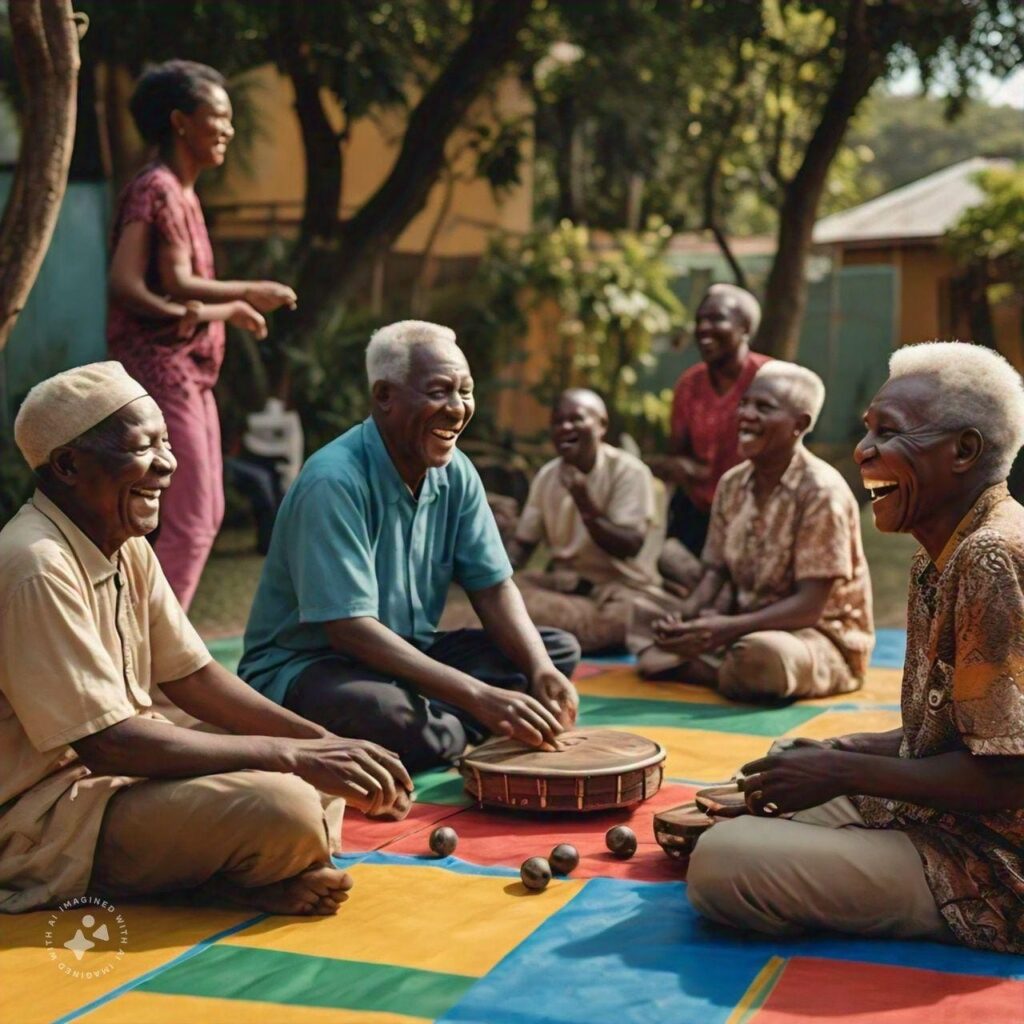LAGOS, NIGERIA– Life expectancy is more than just a number; it serves as a mirror reflecting the health and wellness of a nation and the effectiveness of its healthcare system.
In Africa, where diverse cultures and challenges exist, several countries have made remarkable strides in increasing longevity through investments in healthcare, education, and infrastructure, benefiting both urban and rural populations.
The top 10 African nations with the highest life expectancy not only showcase impressive longevity figures but also highlight the unique factors influencing their citizens’ health.
This article explores these countries, illustrating how their commitment to accessible healthcare, preventive measures, and innovative health strategies fosters healthier, longer lives for their people.
10. Senegal – 68.7 years
Senegal’s life expectancy reflects the country’s commitment to accessible healthcare and prevention efforts. A strong emphasis on reducing maternal and child mortality rates has helped Senegal maintain steady health improvements. Notably, Senegal has been recognized for its Community-Based Health Insurance (CBHI) programs, which make healthcare more affordable for rural families, further supporting long-term health outcomes.
9. Botswana – 69.2 years
Botswana’s healthcare achievements, particularly in HIV/AIDS treatment, have played a critical role in raising life expectancy. Botswana has one of the highest rates of antiretroviral therapy coverage in Africa, and government initiatives like the “Treat All” policy ensure everyone diagnosed with HIV has access to free treatment. Additionally, educational campaigns have reduced stigma, encouraging more people to seek timely healthcare.
8. Libya – 69.3 years
Libya’s life expectancy remains relatively high thanks to a history of universal healthcare, a rarity in the region. Despite political instability, Libya’s government is working with international agencies to rebuild healthcare infrastructure, including telemedicine initiatives to reach remote areas. These efforts, coupled with Libya’s traditionally high healthcare spending, are crucial for improving life expectancy.
7. Egypt – 71.9 years
Egypt’s healthcare system has benefitted from strong public health initiatives, contributing to a life expectancy of 71.9 years. One interesting fact is Egypt’s recent investments in tackling non-communicable diseases (NCDs), which are a leading cause of death. Campaigns like “100 Million Healthy Lives” provide free screenings and awareness programs, detecting early cases of diabetes, hypertension, and liver disease—key to extending the nation’s longevity.
6. Seychelles – 72.9 years
The small island nation of Seychelles boasts an impressive life expectancy due to its efficient healthcare system, focusing on wellness and preventive care. Health education campaigns encourage citizens to make healthier lifestyle choices. Another unique aspect is Seychelles’ focus on mental health awareness and community-based support, helping to improve both the physical and emotional well-being of its residents.
5. Mauritius – 74.9 years
Mauritius’ life expectancy benefits from free healthcare and a proactive public health strategy. Mauritius is known for its robust diabetes management programs, given the high prevalence of this disease. The government has also been integrating digital health technology into its system, which allows for more efficient management of chronic diseases. Mauritius is a leader in the African continent for health innovation, using mobile health apps and telemedicine to enhance patient care.
4. Morocco – 75.3 years
Morocco has made strides in maternal and child health through significant reforms and public health campaigns. The government has implemented health insurance programs for low-income families and launched the “Health Coverage for All” initiative to expand healthcare access. Additionally, Morocco has improved its emergency response and rural healthcare infrastructure, bridging gaps in accessibility that previously hindered healthcare for rural populations.
3. Cape Verde – 76.1 years
Cape Verde’s life expectancy is a testament to its focus on preventive care and public health. The government has worked with the World Health Organization (WHO) to establish a universal health coverage system. Cape Verde is one of the few African countries with a Health Promotion Directorate, which conducts nationwide health education initiatives to raise awareness on topics like hygiene, nutrition, and vaccination.
2. Algeria – 76.3 years
Algeria has invested heavily in healthcare, particularly in rural areas, to improve life expectancy. Algeria also provides subsidized healthcare, which has helped reduce the financial burden on citizens. Another interesting fact is the high vaccination coverage in Algeria, with extensive programs for diseases like measles, polio, and hepatitis. These public health efforts have contributed to longer, healthier lives for Algerians.
1. Tunisia – 76.5 years
Tunisia, with the highest life expectancy in Africa, benefits from an inclusive healthcare system and a robust public health approach. One of Tunisia’s unique strengths is its highly trained healthcare workforce, thanks to government-funded medical education. The government is also working on policies to adapt to an aging population, such as enhancing geriatrics and elderly care services, which support its older citizens and contribute to the nation’s leading life expectancy rate.
https://www.africanexponent.com/top-10-countries-with-the-highest-life-expectancy-in-africa-in-2024/


